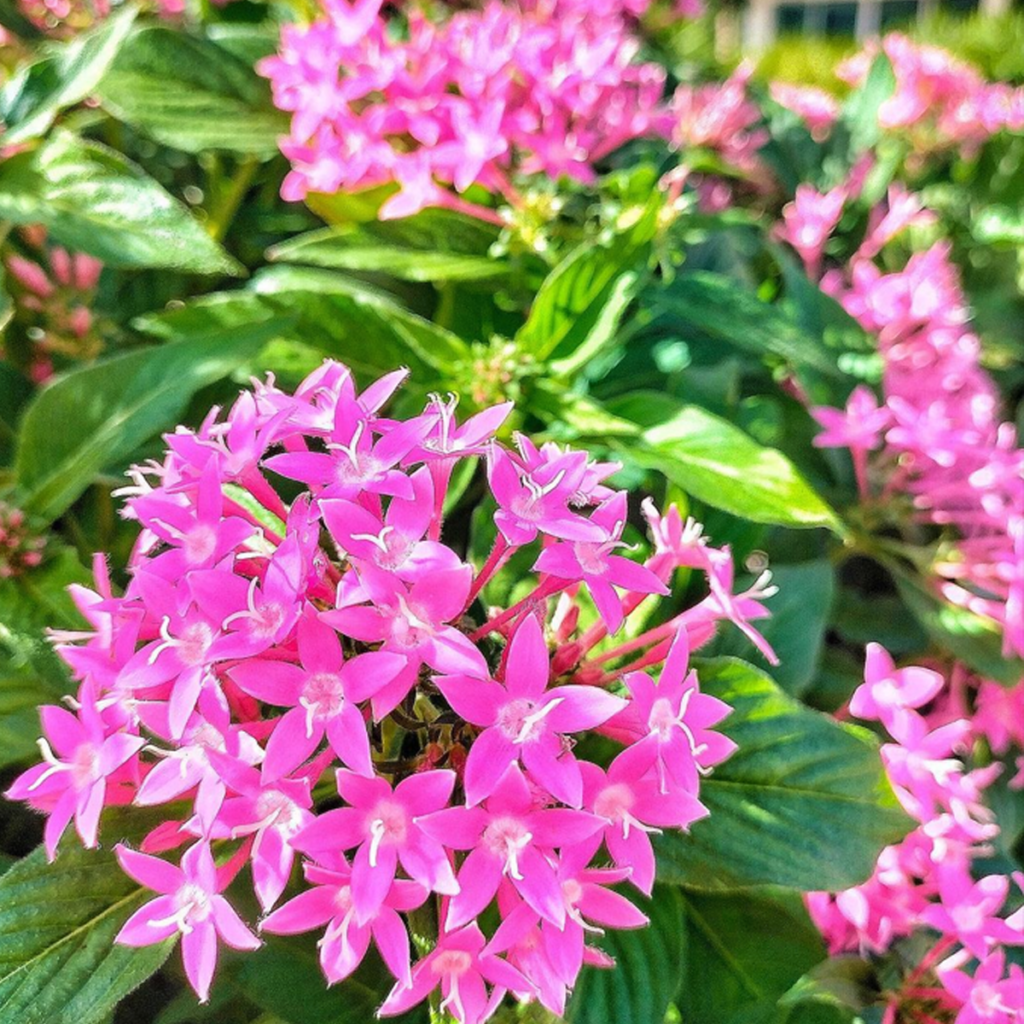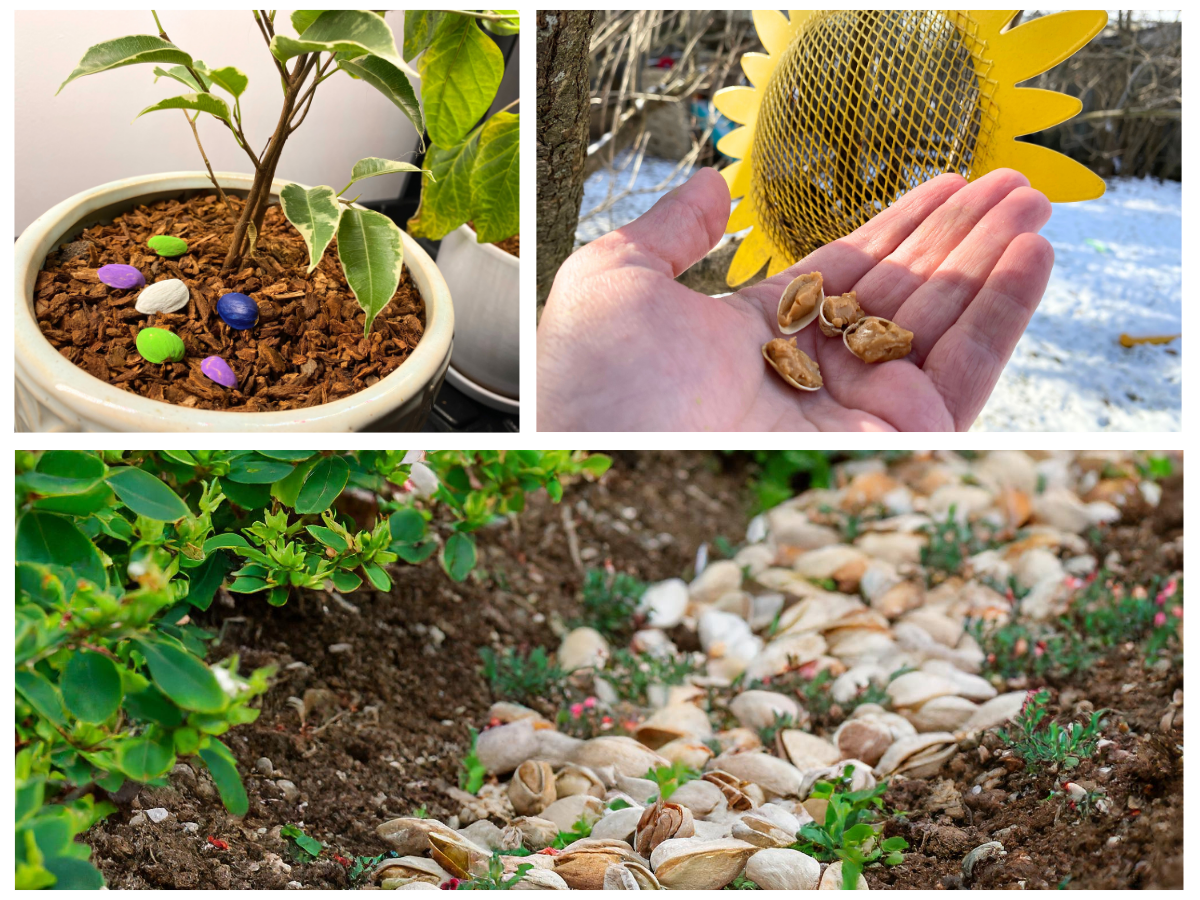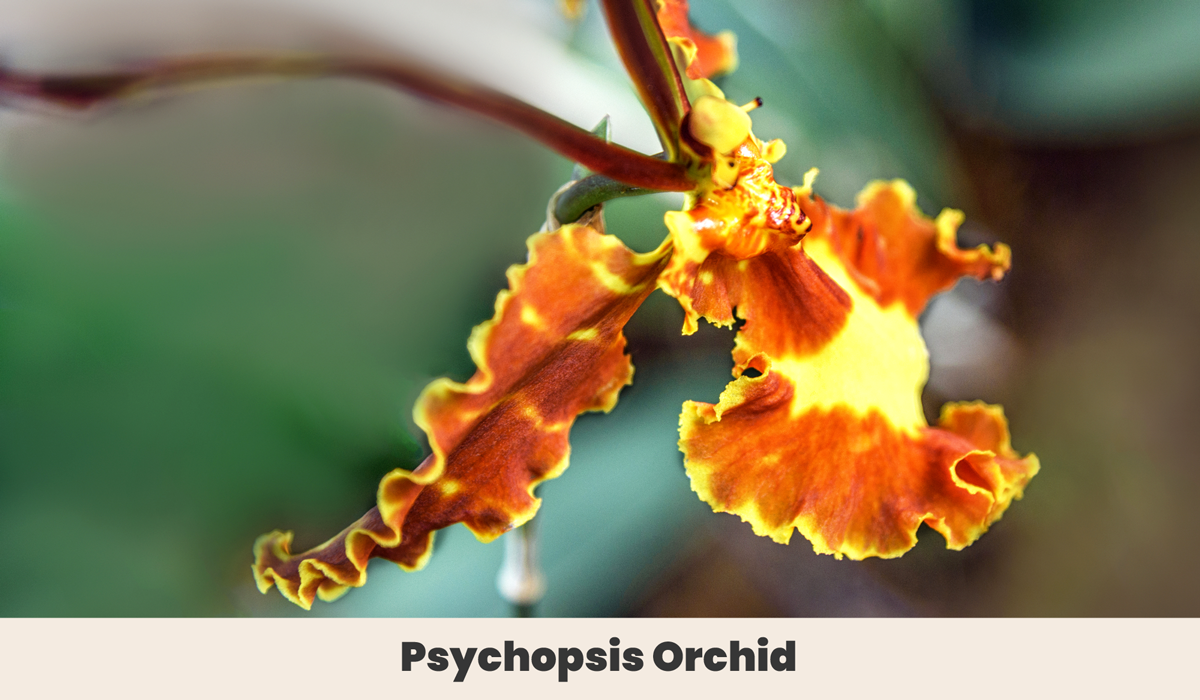Why Organic Rock Phosphate is a Must-Have for Gardeners

Organic rock phosphate is a natural fertilizer that has been used for centuries to improve soil fertility and plant growth. It is derived from rocks that contain high amounts of phosphorus, a vital nutrient for plant growth. Unlike synthetic fertilizers, which can have negative impacts on soil health and the environment, organic rock phosphate provides numerous benefits to farmers and gardeners alike. In this article, we will explore the benefits of using organic rock phosphate and why it should be considered as an important component of any sustainable farming or gardening practice.
What is organic rock phosphate?
Organic rock phosphate is a naturally occurring mineral mined from ancient sedimentary rock deposits. These rocks contain high levels of phosphorus in the form of calcium phosphate, which is the main ingredient in many fertilizers. Organic rock phosphate is an unprocessed product and can be used directly on plants or mixed with other organic materials to create a more complete fertilizer. It is considered an organic fertilizer because it is derived from natural sources and does not contain any synthetic chemicals.
Benefits of Using Organic Rock Phosphate
- Improves soil fertility
- One of the most significant benefits of using organic rock phosphate is that it improves soil fertility. Phosphorus is a vital nutrient that is essential for plant growth and development. Organic rock phosphate provides a slow-release source of phosphorus that is readily available to plants, ensuring that they receive a steady supply of this essential nutrient throughout the growing season. As a result, plants grow more robust and healthier and produce higher yields.
- Increases nutrient uptake
- In addition to improving soil fertility, organic rock phosphate also increases nutrient uptake in plants. Phosphorus plays a critical role in the uptake and transportation of other nutrients, such as nitrogen and potassium. Without sufficient phosphorus, plants cannot effectively absorb these other nutrients, even if they are present in the soil. By adding organic rock phosphate to the soil, farmers and gardeners can ensure that their plants are receiving all the nutrients they need to grow and thrive.
- Enhances root growth
- Organic rock phosphate also enhances root growth in plants. The phosphorus in rock phosphate is vital for developing strong, healthy roots, which are essential for the uptake of water and nutrients from the soil. Stronger roots also make plants more resistant to pests and diseases and help them better withstand environmental stressors such as drought or extreme temperatures. Farmers and gardeners can encourage robust root growth and promote healthier, more resilient plants by adding organic rock phosphate to the soil.
- Environmentally friendly
- Organic rock phosphate is an environmentally friendly fertilizer that does not have the same negative impacts on soil health and the environment as synthetic fertilizers. Synthetic fertilizers often contain harmful chemicals that can leach into the soil, pollute waterways, and harm wildlife. On the other hand, organic rock phosphate is a natural product that does not contain synthetic chemicals. It can help improve soil health and support sustainable farming and gardening practices when used properly.
- Long-lasting effects
- Another significant benefit of organic rock phosphate is its long-lasting effects. Unlike synthetic fertilizers, which can quickly lose their potency and require frequent applications, organic rock phosphate provides a slow-release source of phosphorus that can last for years. As a result, farmers and gardeners can reduce their fertilizer usage and save money on input costs over time.

How to Use Organic Rock Phosphate
Organic rock phosphate can be used in a variety of ways to improve soil fertility and plant growth. Here are a few methods for incorporating rock phosphate into your farming or gardening practices:
- Apply directly to the soil
- Organic rock phosphate can be applied directly to the soil as a powder or granules. Applying rock phosphate during the fall or winter is recommended so it has time to break down and become available to plants in the spring. To apply rock phosphate, sprinkle it over the soil and use a rake to incorporate it into the top few inches of soil.
- Mix with compost or other organic materials
- To create a more complete fertilizer, organic rock phosphate can be mixed with compost or other organic materials such as bone meal, blood meal, or fish meal. This will provide plants with a wider range of nutrients and help improve soil health. To mix rock phosphate with other organic materials, combine the ingredients in a container and mix thoroughly before applying to the soil.
- Use in a planting hole
- Organic rock phosphate can also be added directly to planting holes when planting new seedlings or transplants. Sprinkle a small amount of rock phosphate into the bottom of the planting hole before adding soil and the plant. This will provide a slow-release source of phosphorus directly to the plant’s roots, helping to promote strong root growth and healthy development.
- Use as a top dressing
- Organic rock phosphate can also be used as a top dressing by sprinkling it over the soil around the base of plants. This will provide a slow-release source of phosphorus directly to the plant’s roots without disturbing the soil or root system. This method benefits established plants that may not need as much fertilizer as younger plants.
Where to Buy
Down to Earth Organic Rock Phosphate

Down to Earth Rock Phosphate is a natural fertilizer that contains a 0-3-0 formula and is approved by the Organic Materials Review Institute (OMRI) for use in organic production.
Benefits of Rock Phosphate
Rock phosphate contains 18% calcium, which is essential for building soil phosphate levels and preventing calcium-deficient soils. It is important for long-term plant productivity and healthy growth.
Application of Rock Phosphate
It is recommended to apply rock phosphate to the soil before planting, and it can be mixed with compost or manure for additional soil building benefits. This premium powder grade is an excellent nutrient resource for all types of flowering plants, including bulbs, fruits, shrubs, trees, and vegetables.
Soft Rock Phosphate
Soft rock phosphate is an untreated, mined material that has a natural source of phosphorus and calcium. It is available more quickly than hard rock phosphate, making it a great option for those who want faster results in their gardening efforts.
Also Read: 7 Garden-to-Table Pizza Ideas
Conclusion
Organic rock phosphate is a natural and sustainable fertilizer that provides numerous benefits to farmers and gardeners. It improves soil fertility, increases plant nutrient uptake, enhances root growth, and has long-lasting effects. Additionally, organic rock phosphate is environmentally friendly and does not have the same negative impacts on soil health and the environment as synthetic fertilizers. Farmers and gardeners can promote healthy plant growth, improve soil health, and support sustainable agriculture by incorporating organic rock phosphate into their farming or gardening practices.




